Afghanistan’s drug trade continues surging under Taliban rule: Report
A report from the United Nations drug agency says Methamphetamine trafficking in and around Afghanistan has surged in recent years, despite the Taliban's pledge to contain the illicit drug trade.
The United Nations’ Office on Drugs and Crimes (UNODC) said on Sunday that the Taliban's efforts to crack down on the drug trade in the country had little impact, both on the opium production and the burgeoning meth industry.
It said meth in Afghanistan is mostly made from legally available substances or extracted from the ephedra plant, which grows in the wild.
The report called Afghanistan’s meth manufacturing a growing threat to national and regional health and security.
"The surge in methamphetamine trafficking in Afghanistan and the region suggests a significant shift in the illicit drug market and demands our immediate attention," said Ghada Waly, executive director of the UNODC.
Annual meth seizures within Afghanistan spiked from just 220 pounds in 2019 to 6,000 pounds in 2021, according to the report.
Meth seizures in and around Afghanistan jumped 12-fold in the five years through 2021.
It said seizures of meth suspected to have come from Afghanistan have been reported from the European Union and east Africa.
Countries as far away as France and Australia have reported seizing methamphetamine that likely originated in Afghanistan it said.
Afghanistan is home to the ephedra plant, which can be used to make methamphetamine, but the UNODC said the quantities needed to produce the drug and the risk of unreliable crops meant that Afghanistan's production did not depend on the plant alone.
The UNODC said much of the meth from Afghanistan was made with pre-cursor ingredients such as those found in some cold and flu medication.
"Common cold medications and industrial-grade chemicals are more efficient and cost effective for the manufacture of methamphetamine and thus pose a far bigger threat," the UNODC said.
Opium cultivation spiked 32% in the first year after Taliban forces took control of the country, with sales rising from $425 million in 2021 to $1.4 billion in 2022.
While heroin trafficking has slowed, the UNODC said, meth trafficking "has intensified since the ban".
Experts says there are several reasons Afghans would turn to making meth rather than drugs like heroin or cocaine, which are also common in the country.
The Taliban, which regained power in August 2021, announced a ban the following April on the production of narcotics in Afghanistan, the world's main opium producer. Taliban officials say its security forces are clamping down on Afghan poppy farmers and destroying crops.
A UN report published in November said that opium cultivation since the Taliban takeover increased by 32% over the previous year, and that opium prices rose following authorities’ announcement of a cultivation ban in April 2022.
Farmers’ income from opium sales tripled from $425 million in 2021 to $1.4 billion in 2022.
The 2022 report also said that the illicit drug market thrived as Afghanistan’s economy sharply contracted, making people open to illegal cultivation and trafficking for their survival.
Afghans are dealing with drought, severe economic hardship and the continued consequences of decades of war and natural disasters.
The downturn, along with the halt of international financing that propped up the economy of the former Western-backed government, is driving people into poverty, hunger, and addiction.
Taliban swept back to power in Afghanistan when the US-led foreign forces withdrew after a 20-year conflict.
The Taliban continues to struggle with the rapidly worsening humanitarian situation in the country amid crippling US sanctions and a shortage of funds.
Afghans say Washington has started a dangerous economic war against them.
The administration of US President Joe Biden has frozen over $7 billion in Afghan assets since its troops withdrew from the country.
The sanctions have pushed Afghanistan’s economy to the brink of collapse, as 97 percent of Afghans live in poverty. Afghan people and international bodies have been calling for the release of frozen funds that has spawned a humanitarian crisis in the landlocked country.
No country has yet recognized the Taliban as legitimate rulers of the country. Regional nations say the establishment of peace and stability in Afghanistan is only possible through the formation of a broad-based government in the war-ravaged country.
In a joint statement, UN human rights experts recently said that two years into the Taliban rule, it is clear that “the concept of a ‘reformed’ Taliban has been exposed as mistaken.” All indications point in the direction of “an accelerated, systematic, and all-engulfing system of segregation, marginalization, and persecution.”
US federal immigration agents detain 5-year-old boy in Minnesota
Trump used presidency to pocket $1.4 billion in first year back in office: Report
EU divided over new Iran sanctions
China hits US with economic counteroffensive after Maduro’s abduction: Report
Ben-Gvir arms more Israeli settlers amid rising violence in West Bank
'Hands on trigger': IRGC warns US and Israel against any miscalculation
VIDEO | US and Israel’s failed terrorism
After Venezuela, Trump sets sight on Cuba for 'regime change': Report



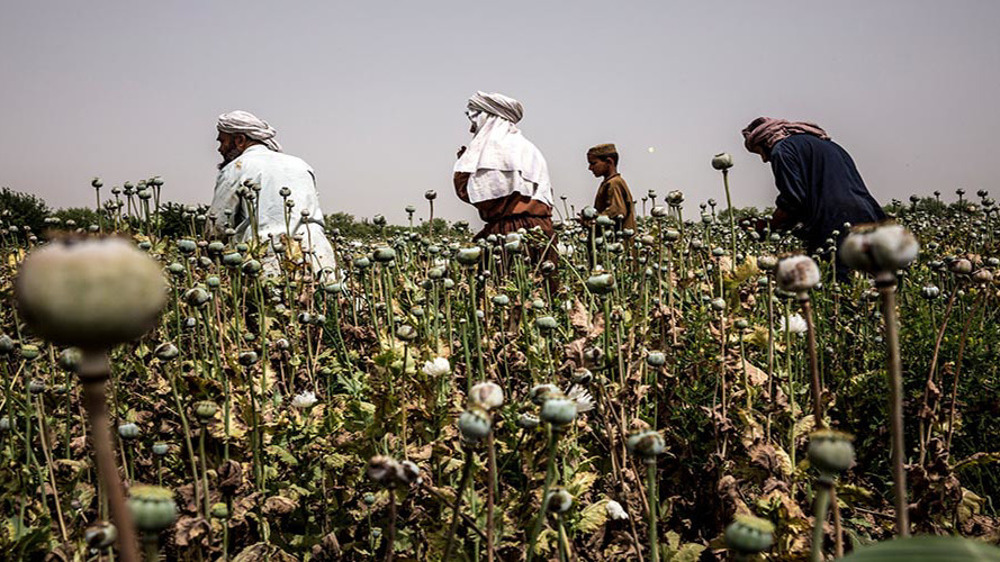
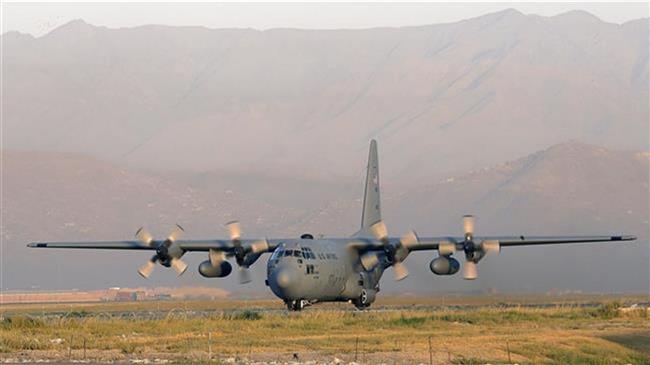
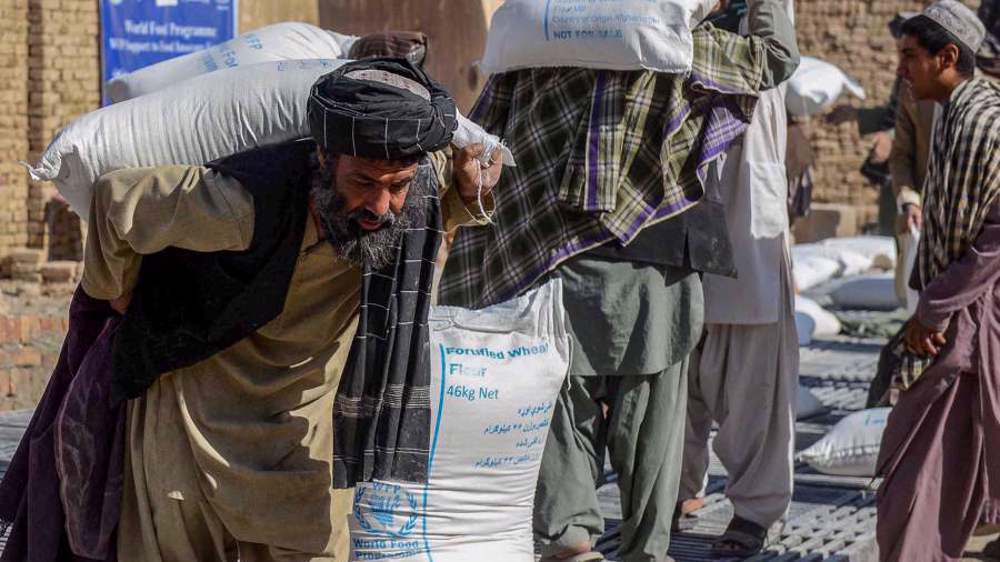
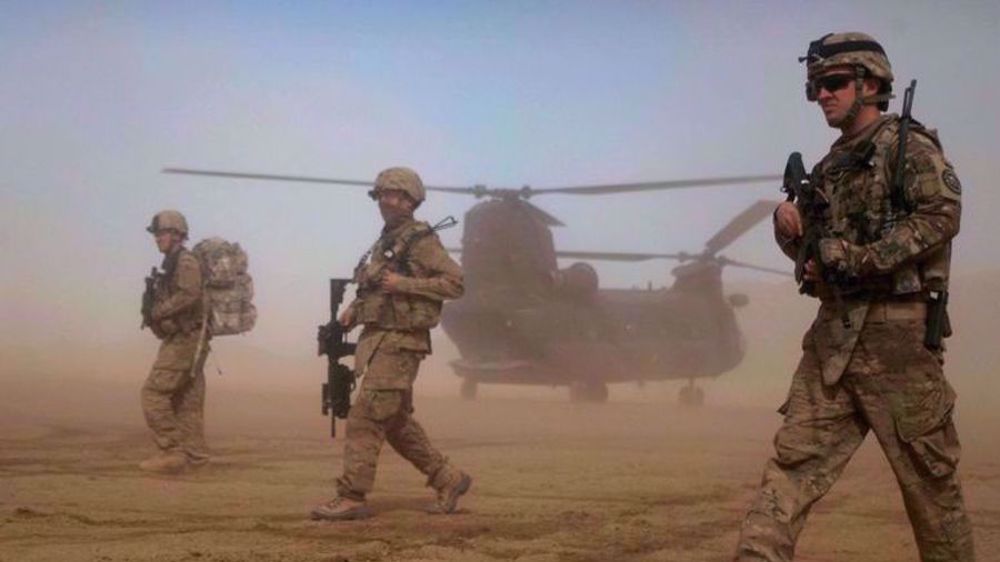

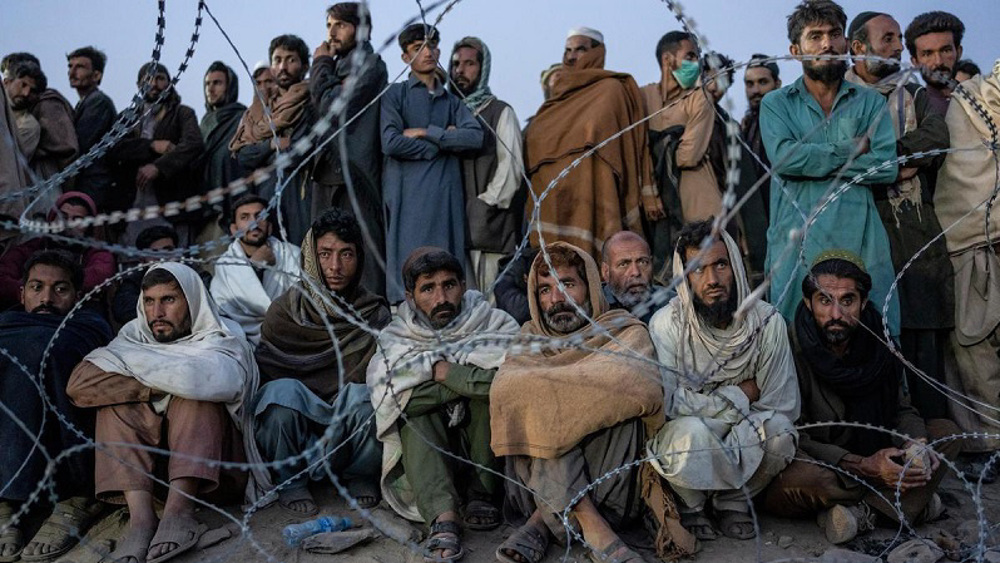




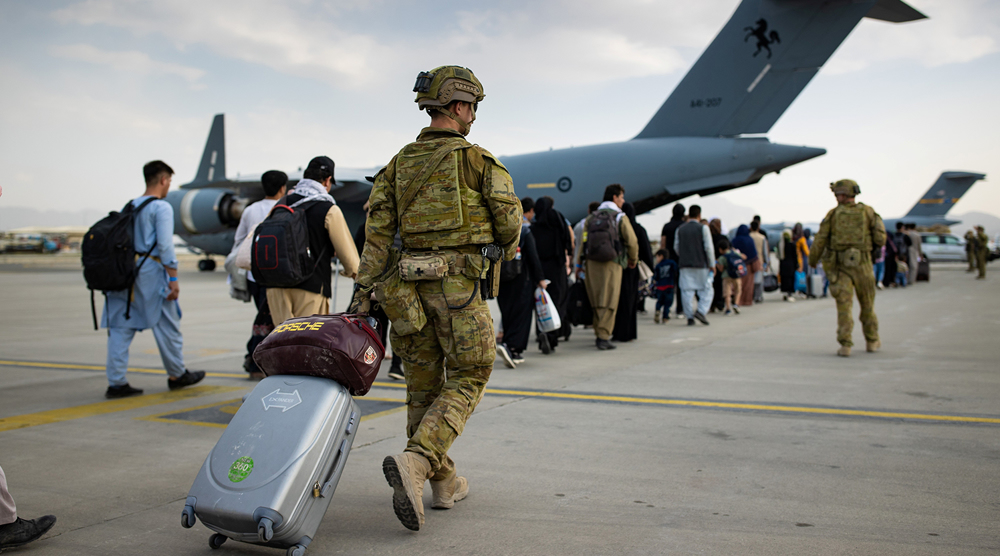
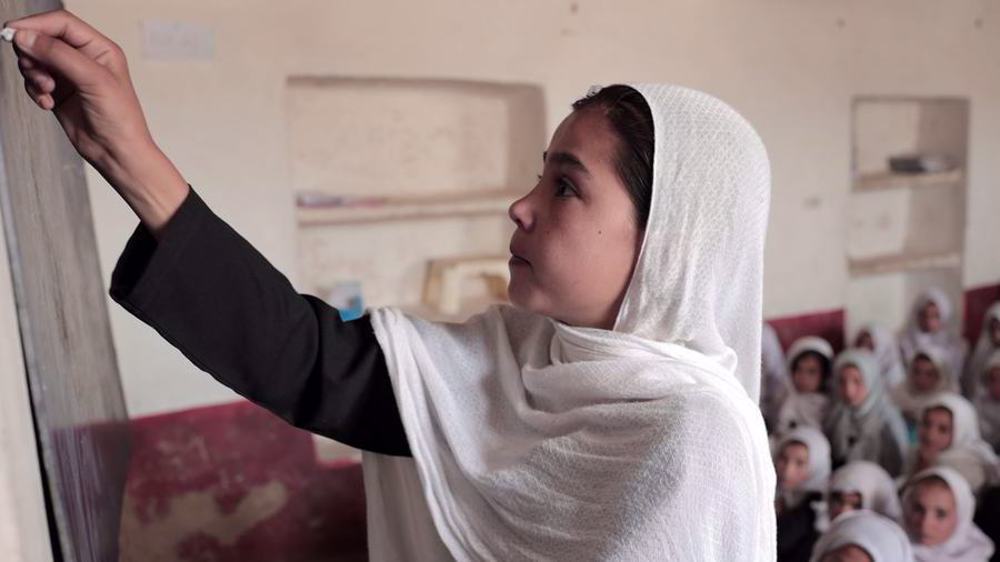

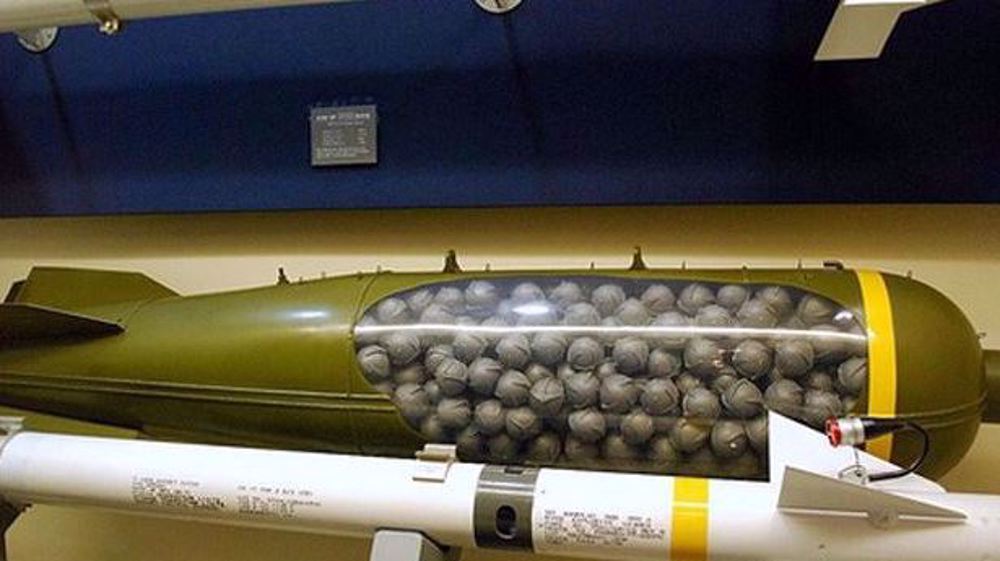
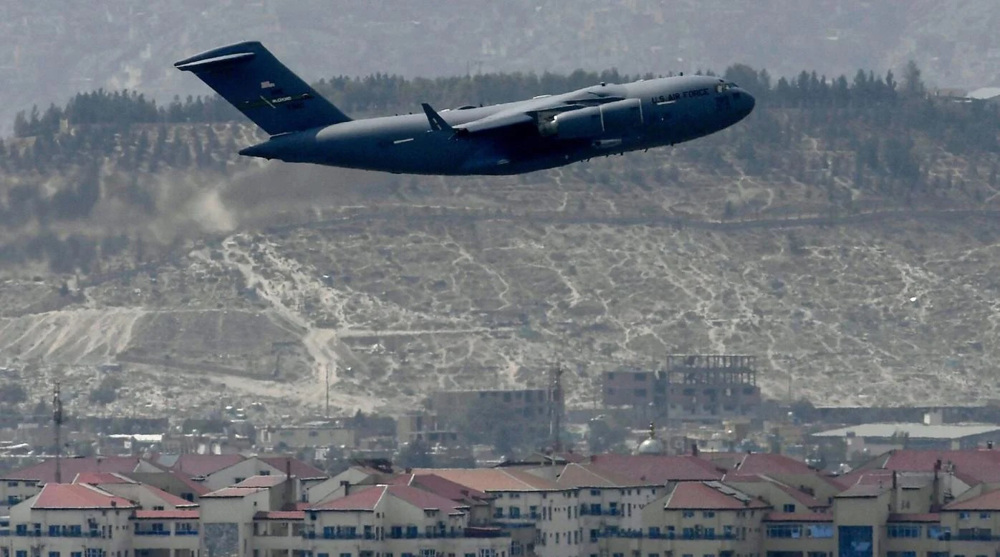

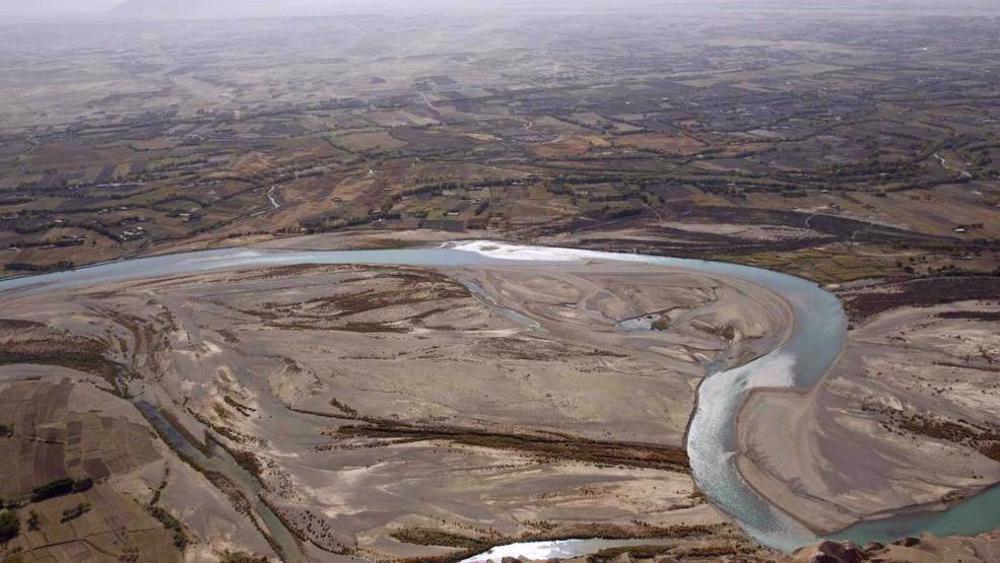

 This makes it easy to access the Press TV website
This makes it easy to access the Press TV website